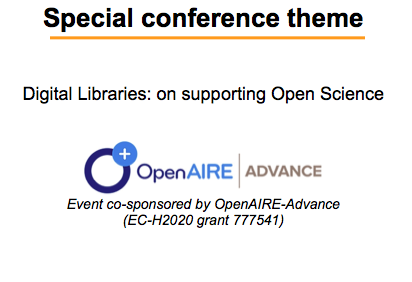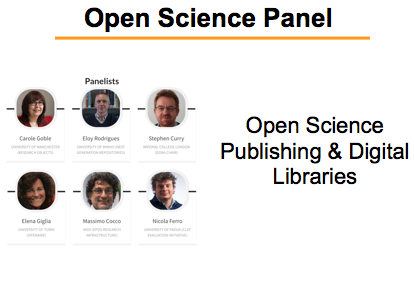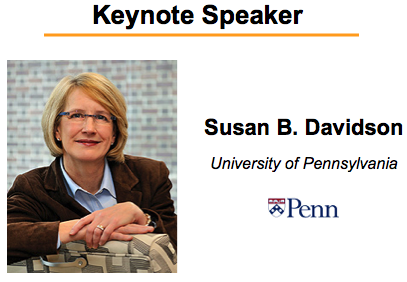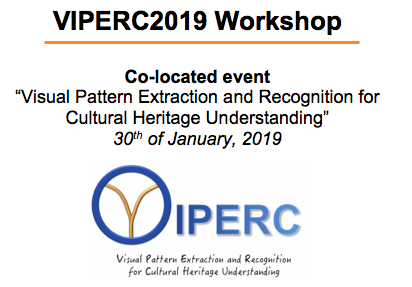The Conference
 Since 2005, the Italian Research Conference on Digital Libraries has served as an important national forum focused on digital libraries and related technical, practical, and social issues. During this years, IRCDL has touched upon many of the facets underlying the term “digital libraries”, adapting the solicited research topics to the evolution of the issues in this domain and to the evolution of the whole process of scholarly communication. Today the term Digital Library is associated with theory and practices that go well beyond its original meaning, de facto reflecting the evolution of the role of libraries in the scholarly communication domain, and lately embracing the latest questions and desiderata posed by Open Science.
Since 2005, the Italian Research Conference on Digital Libraries has served as an important national forum focused on digital libraries and related technical, practical, and social issues. During this years, IRCDL has touched upon many of the facets underlying the term “digital libraries”, adapting the solicited research topics to the evolution of the issues in this domain and to the evolution of the whole process of scholarly communication. Today the term Digital Library is associated with theory and practices that go well beyond its original meaning, de facto reflecting the evolution of the role of libraries in the scholarly communication domain, and lately embracing the latest questions and desiderata posed by Open Science.
The results of research are no longer just scientific publications, of which libraries have always been the custodians. Science is increasingly and rapidly becoming digital, in the sense that more and more research is performed using data services and tools available online or on desktop computers, and the products and outcome of science are increasingly encompassing also datasets, software, and experiments. Being digital, such products can be shared and re-used together with the article, thus enabling comprehensive research assessment and various degrees of reproducibility of science. Positive consequences of this shift towards Open Science are: accelerating science, optimizing cost of research, fraud detection, and fully-fledged scientific reward.
“Digital Libraries: on supporting Open Science”
Digital libraries are therefore facing new challenges of supporting the digital scientific process and becoming an important element in the evolution of research outputs. Firstly, by targeting deposition, findability, preservation, interlinking and re-use of any kind of research product, ranging from publications, to research data, to software and others. Secondly, by becoming a pro-active and integrated component of the scholarly communication process as a whole; for example, by providing support to researchers in the preparation of datasets suitable for subsequent deposition, or by enriching and linking the deposited content with data from other sources, such as other repositories, ORCID, organization IDs, recommender systems, distributed annotations, aggregated statistics, etc. Finally, by integrating with research infrastructures and e-infrastructures to serve specific research community publishing needs or to benefit from economy-of-scale provision of storage and computing capacities.




